Difference Between Sporogenesis and Gametogenesis
Key Difference
Sporogenesis and gametogenesis are two biological processes involved in the reproductive cycle of organisms, but they serve different functions and occur in different types of organisms.
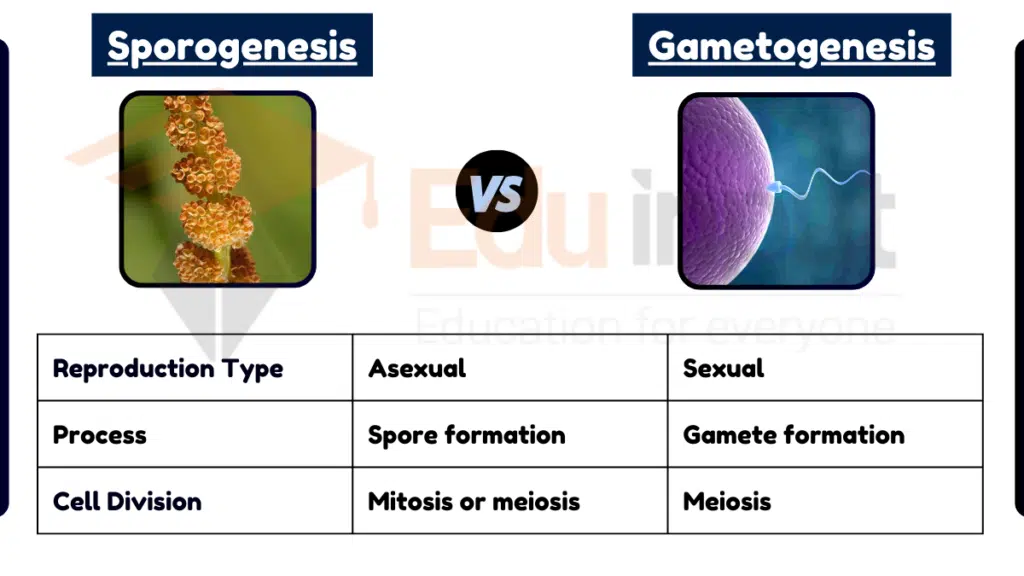
Sporogenesis is the process of spore formation, typically occurring in plants, fungi, and certain protozoans. It involves the formation of spores, which are asexual reproductive units capable of developing into a new organism without the need for fertilization.
Gametogenesis, on the other hand, is the process of forming gametes, which are the sex cells (sperm and eggs) in animals, plants, and many algae. Gametes are formed through meiosis and are involved in sexual reproduction, requiring fertilization between male and female gametes to form a new organism.
Comparative Analysis
- Type of Reproduction:
- Sporogenesis: Asexual reproduction.
- Gametogenesis: Sexual reproduction.
- Process:
- Sporogenesis: Formation of spores that can develop independently.
- Gametogenesis: Formation of gametes for fusion and fertilization.
- Cell Division:
- Sporogenesis: Can involve mitosis or meiosis, depending on the organism.
- Gametogenesis: Involves meiosis to produce haploid gametes.
- Occurrence:
- Sporogenesis: Common in plants, fungi, and some protozoans.
- Gametogenesis: Occurs in animals, plants, and many algae.
- Resulting Cells:
- Sporogenesis: Produces spores.
- Gametogenesis: Produces sperm and egg cells (gametes).
Table Summary of Sporogenesis and Gametogenesis
| Feature | Sporogenesis | Gametogenesis |
|---|---|---|
| Reproduction Type | Asexual | Sexual |
| Process | Spore formation | Gamete formation |
| Cell Division | Mitosis or meiosis | Meiosis |
| Occurrence | Plants, fungi, protozoans | Animals, plants, algae |
| Resulting Cells | Spores | Sperm and eggs (gametes) |
Also Read Difference Between Primary and Secondary Dentin

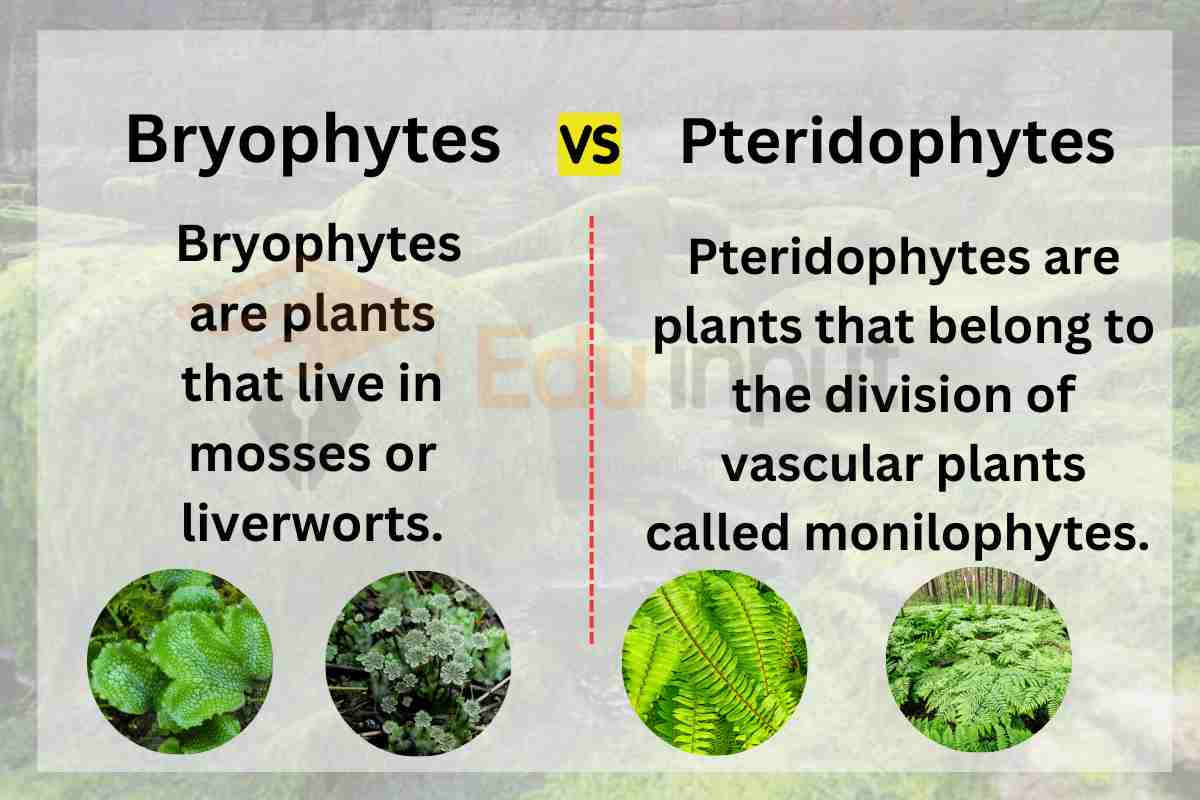
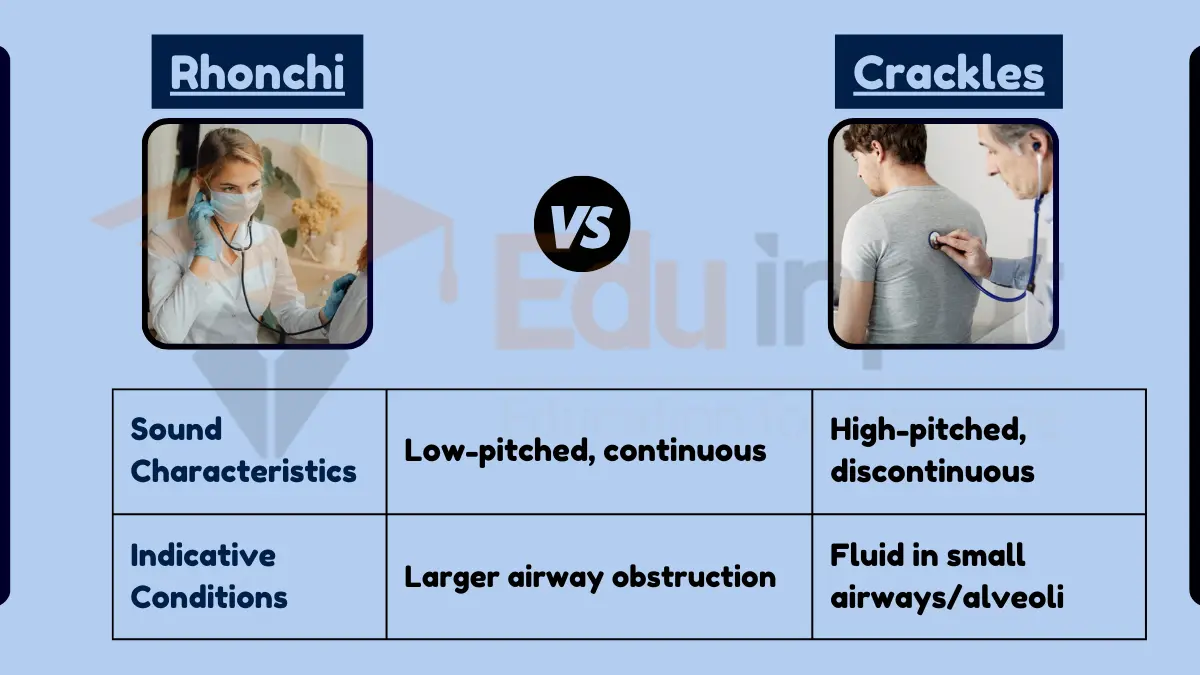
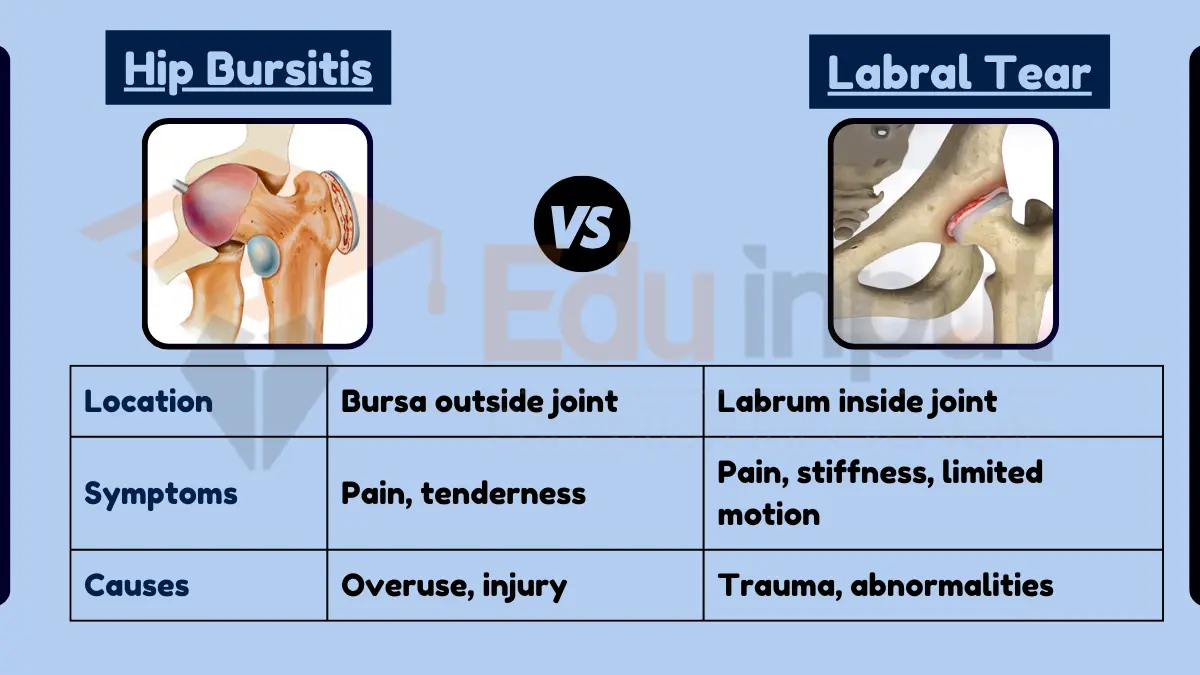
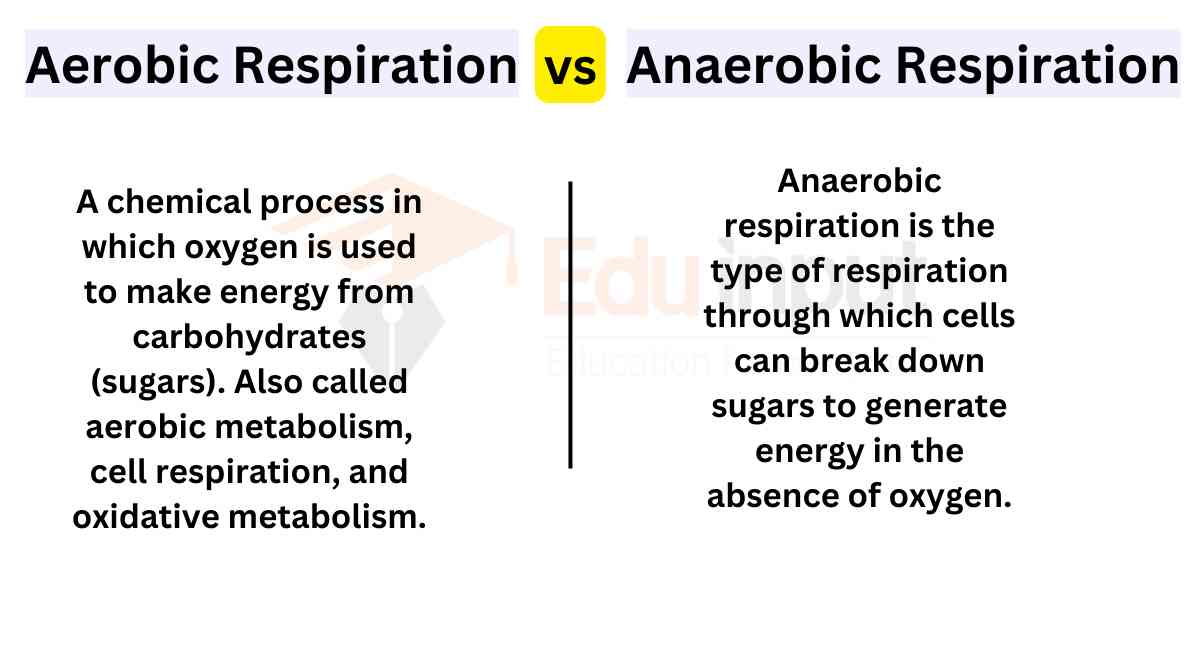


Leave a Reply